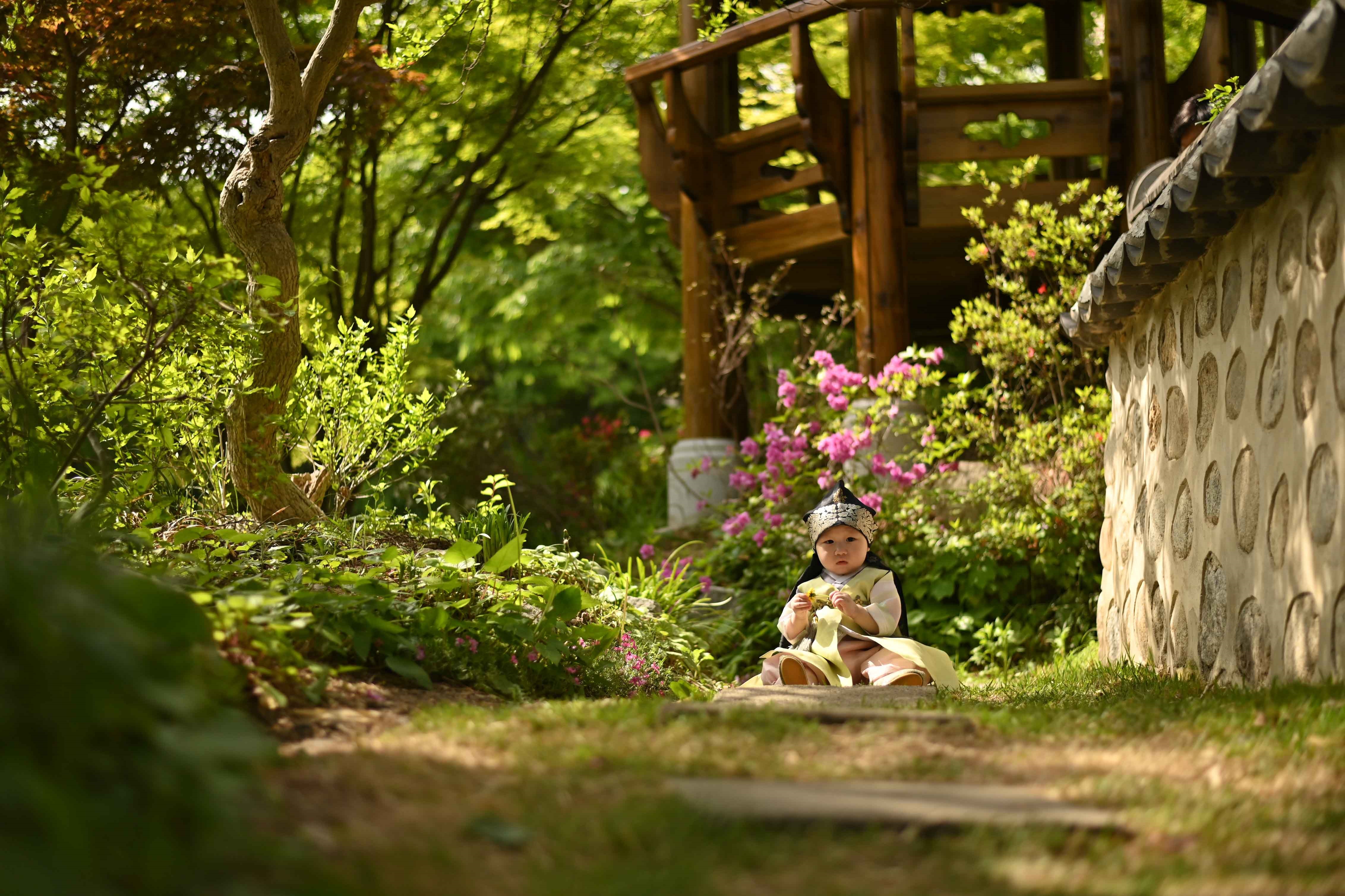[July] State-sponsored baby shower gifts aim to boost declining birthrate
Date Jul 05, 2021
 Housewife Song Joo-ok's baby son. Courtesy of Song Joo-ok
Housewife Song Joo-ok's baby son. Courtesy of Song Joo-ok
●The government is wooing the “Me First” generation with generous childcare support.
●Millennials, Generation Z put personal wellbeing first and choose to forgo marriage to pursue personal growth.
Song Joo-ok, a housewife living in Yongin south of Seoul who is pregnant with her second baby, fondly recalls something that happened last May when her husband visited City Hall to register the birth of the couple’s son.
A city official congratulated him on his first-born and gave him a baby shower kit consisting of several books for babies and a thermometer.
The kit is part of the “state-sponsored” baby shower gift. The couple has been receiving 300,000 won in childcare subsidies every month since the birth of their first child, along with a one-off 600,000 won voucher upon delivery from which Song could pay hospital bills for her baby.
During her pregnancy, Song heard she could get bottles of nutrients containing folates and iron for free from the city, an offer she kindly rejected because she had already purchased similar products on her own.
Although the financial incentives and other childcare support from the city government fall far below the total expenses needed to care for a new-born baby, Song said she felt that the local government is genuinely concerned about the childcare needs of its community members.
“The money that we have been receiving is not enough to pay for taking care of our baby, but I feel really good because the government truly cares about its community members, particularly those who are pregnant or those with babies,” she said.
What Song and her husband have received from Yongin is part of Korea’s universal childcare support plan available for every married couple when they have a baby. Grappling with a declining birthrate, the Korean government has laid out a set of childcare policies to encourage married couples to have babies.
Korea’s birthrate stood at 0.84 last year, which was the lowest among OECD members. The figure has continued to fall during the past decade, becoming a major headache for the Korean government.
Lee Chul-hee, a Seoul National University economics professor, found the all-time low marriage rate may be the main cause of Korea’s falling birthrate. In a 2018 article – “Has South Korea’s Policies to Raise Fertility Failed?” – Lee pointed out that the birthrate among married couples rose from 1.7 in 2000 to 2.23 in 2016. In contrast, the economist said the marriage rate in Korea fell from 70.4 percent in 2000 to 50 percent in 2016. His article implies that the government needs to target the falling marriage rate among millennials (those born between 1981 and 1995) and Generation Z (those born between 1996 and 2005) to raise the birthrate.
In an article contributed to a weekly magazine, self-described subculture expert Kim Seo-yoon claimed that millennials and Generation Z are individualists who put their personal well-being and self-fulfillment ahead of family and other traditional values.
“They are the rebels who question what has long been taken for granted,” she wrote. For centuries, Kim added, Koreans have been taught to believe that men and women should get married if they reach a certain age and that married couples should have babies.
This centuries-old value has been challenged by millennials and Generation Z thinking outside the box about marriage and the concept of family as they prioritize their personal welfare and self-fulfillment.
In other words, the so-called “Me First” generation holds the key to the success of Korea’s fight against a declining birthrate.
**If you have any questions about this article, feel free to contact us at kocis@korea.kr.**

The Ministry of Culture, Sports and Tourism's "Korea Here & Now" work can be used under the condition of "Public Nuri Type 1 (Source Indication)."




